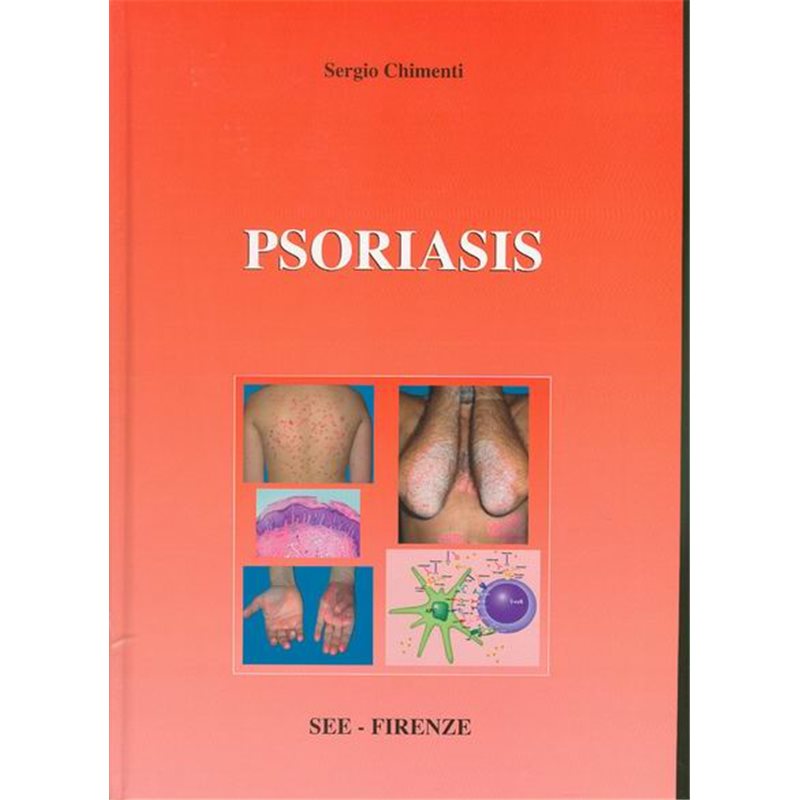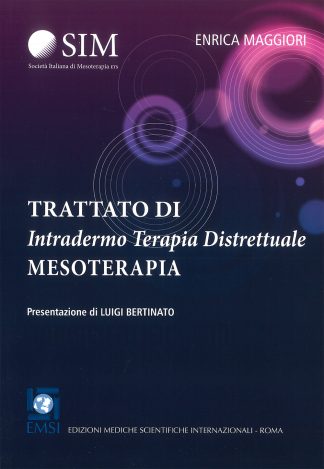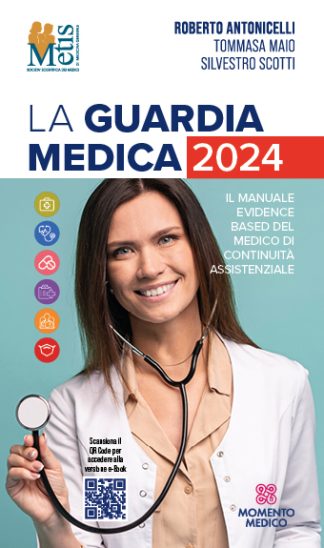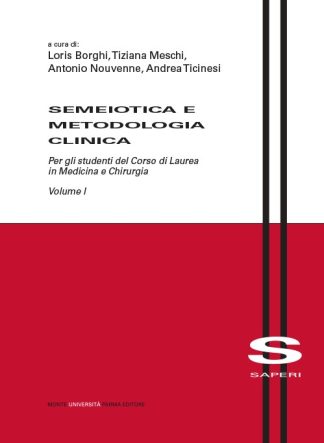Descrizione
Is there a need to write an additional book on psoriasis? The answer may be yes, because there are so many new and exciting information on this disease from the pathogenesis to therapies. I think it is time to further classify psoriasis in distinct entities and try to understand the pathogenetic mechanisms determining the heterogeneous manifestations of “apparently” the same disease. Several presentations of psoriasis and immunogenetic-associated factors reveal that is mandatory to consider psoriasis as different diseases that require a more modern classification in order to achieve a better treatment for the patients. All dermatologists are aware that each patient has a unique clinical outcome and response to systemic or topical treatments. Furthermore, while some clinical variants of psoriasis, such as guttate psoriasis of childhood is often related to infective agents and palmoplantar pustular psoriasis has been associated with tobacco-smoking, other clinical entities seem to be independent to any known agent. Another crucial aspect has to consider the relationship between occurrence and exacerbation of psoriasis, and psychological profile of a given patient. In clinical practice, it is not uncommon to verify that there is a close time relation between a flare of psoriasis and a recent stressful event. The underlying pathogenetic mechanism is still unknown. Finally, it should be elucidated the relationship of psoriasis with other systemic diseases such as Crohn’s disease and diabetes: are there coincidences because these conditions are relatively common or in some cases psoriasis is part of still unknown syndromes? This text-book is an attempt to deal with all these topics. The book is divided into three parts: the first part is on epidemiology, genetics, pathogenesis and clinical variant of psoriasis. In addition, a chapter is dedicated to the patients’ quality of life. The second part of the book focalizes on standard and novel therapeutic approaches. The third part deals with “biologics” and what I think is the best way to treat a given patient based on personal experience. . Sergio Chimenti Professor and Chairman Department of Dermatology University of Rome “Tor Vergata”








Recensioni
Ancora non ci sono recensioni.